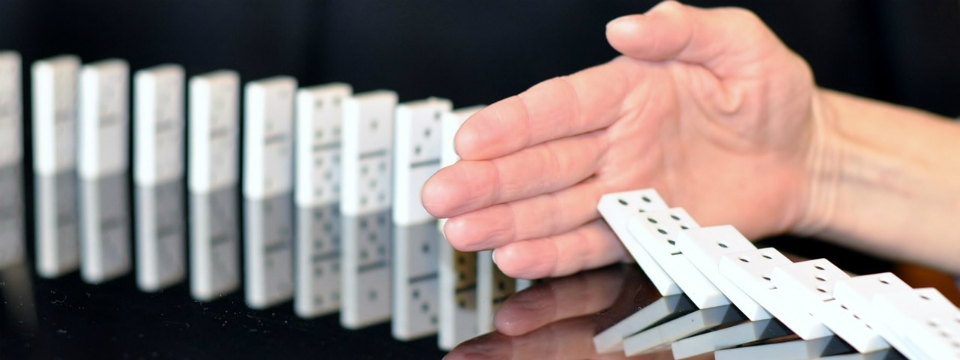“They like me, they like me not”: Popularity and adolescents’ perceptions or acceptance predicting social functioning over time.
 McElhaney, K., Antonishak, J., & Allen, J. (2008). “They like me, they like me not”: Popularity and adolescents’ perceptions or acceptance predicting social functioning over time. Child Development, 79 (3), 720-731.
McElhaney, K., Antonishak, J., & Allen, J. (2008). “They like me, they like me not”: Popularity and adolescents’ perceptions or acceptance predicting social functioning over time. Child Development, 79 (3), 720-731.
Problem:
Throughout adolescent development, the importance of peer relationships greatly increases. These peer relationships help provide an important context for learning relational skills that are essential for fostering both friendships and romantic relationships later in life (Connolly, Furman, & Konarski, 2000; Furman & Wehner, 1994). It would seem that social acceptance and popularity would guarantee positive social development and rejection would lead to negative outcomes, however, there is limited research in this area. Thus, the current study investigates both teens’ perceptions of their own social acceptance as well as their peer-rated popularity as predictors of long-term social functioning.
Method:
Participants included 164 adolescents, each of whom nominated a same-sex close friend defined as “people you know well, spend time with and whom you talk to about things that happen in your life.” Participants and their peers were interviewed at age 13 and then again at age 14; assessments included perceived social acceptance and popularity, peer-reported aggression/hostility, companionship, and social withdrawal, as well as observed advice seeking and receiving behavior (requesting and receiving practical advice around a problem (i.e., dating, problems with peers/siblings, sports team, etc)).
Popularity: each adolescent, his/her closest friend and two other target peers named by the adolescent were all asked to nominate up to 10 peers in their grade with whom they would “most like to spend time on a Saturday night” and 10 peers with whom they would “least like to spend time on a Saturday night.” The number of times a peer was nominated in either category was used to calculate a popularity score.
Results:
Effects of perceived social acceptance and sociometric popularity (Peer-reported):
- Higher levels of teens’ self-reported (SR) social acceptance predicted decreases in peer-reported aggressive and hostile behavior over time
- Teens who were rated more popular and who saw themselves as highly accepted were rated as more desirable companions over time
- Teens who reported higher levels of social acceptance were rate as lower in aggression and hostility by their peers and as more desirable companions from T1 to T2, regardless of their levels of sociometric popularity
- Teens with the highest relative increases in aggression/hostility and the highest decreases in companionship were those who reported both low levels of social acceptance and received low preference-based popularity ratings from their peers
- high teens SR social acceptance were rated as less withdrawn over time by their peers
Effects of perceived social acceptance and sociometric popularity (observed interactions with friends):
- teens with the greatest levels of asking for and receiving concrete, practical advice from their friends at T2 were those who were low on both preference-based popularity and self-reported social acceptance
Conclusion:
The current study suggests that a teen’s level of acceptance from peers is a key predictor of their future social development in terms of aggressive and hostile behavior, desirability as a companion, and withdrawal. The results show that both preference-based popularity and self-reported acceptance predict future social success, however, it is not necessary to be highly accepted by both measures. If a teen rated him/herself as socially confident and comfortable with their peers, then they did well regardless of their peer popularity rating (and vice versa).
Another important finding is that, “Teens who are not perceived as popular, although not necessarily rejected, still may suffer socially from being ‘off of the radar screen’ with regard to their peers at school.” This may be perpetuated by a self-fulfilling prophecy, in which the teens expect social failure and rejection and therefore causes them to withdraw from social situations.
summarized by UMass Boston doctoral student Laura Yoviene









